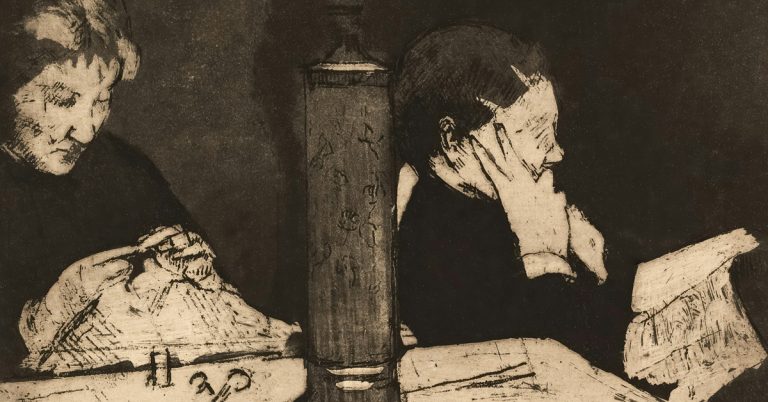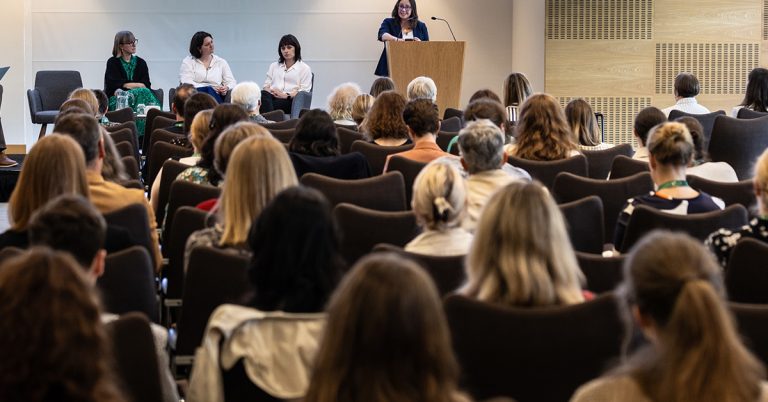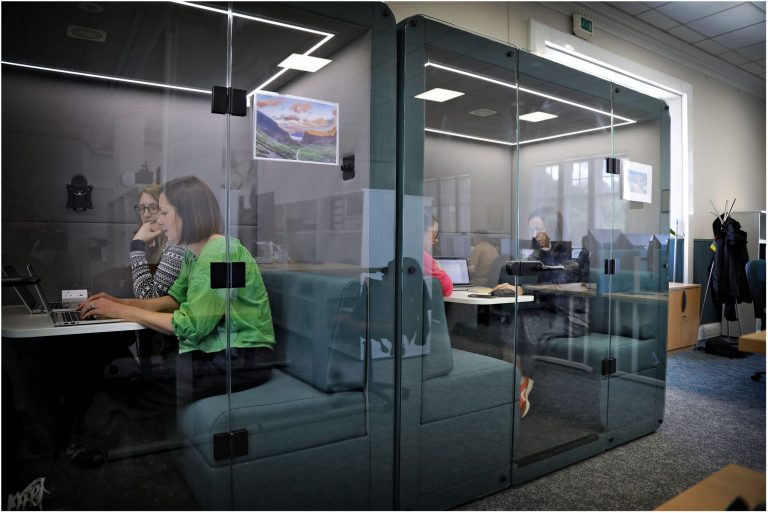
By Bryony Armstrong
How did you come to do a work experience placement at Edinburgh University Press?
I’m a PhD researcher at Durham University as part of the Northern Bridge Doctoral Training Partnership, funded by the Arts and Humanities Research Council. AHRC has a scheme that allows doctoral students to put their studies on pause and do a work placement somewhere such that the work will be mutually beneficial for the student and the placement host. I have always been interested in academic publishing, but after attending a workshop and finding out that experience is really key to finding a job in the industry, I decided to shoot my shot and email EUP to ask if they would be interested in hosting me. I was thrilled that the EUP team were as enthusiastic about hosting me as I was about working there!
Why did you choose EUP for your work placement?
My research is on the kiss in modernist literature, and my bibliography is full of titles that EUP has published (including my supervisor’s book, Haptic Modernism). I wanted to work somewhere that publishes the books I engage with all the time, and I was happy to find that the feeling was mutual: the Literary Studies team were really interested in what I had to say as someone with their “boots on the ground”, so to speak, when it comes to their target readers.
What kind of work did you do during your placement?
One of the best parts about the placement was that the moment I arrived (virtually, on Teams), the Literary Studies Commissioning Editors, Michelle Houston and Jackie Jones, and the Assistant Editor, Susie Butler, had already mapped out projects and tasks that they thought I would find interesting, and that they thought would be well-suited to a PhD student. (I’ve had internships before where I’ve spent my first week floundering and trying to find tasks to do, so this was very refreshing.) Among other short-term research tasks, one of my main tasks was to scope out future reference companions and write reports for each potential title, including key researchers and “hot” topics in the field. I actually recently reviewed The Edinburgh Companion to D. H. Lawrence and the Arts, so I had a fairly good idea of what a finished product might look like. In terms of smaller monographs, I was also given book proposals that the commissioning editors were interested in and tasked with finding readers. This was a particularly interesting task for me at this halfway point through my PhD, because it showed me what a project looks like further down the line when it is presented to a publisher. My main project, though, was to track down and seek permissions for two large books coming out with EUP in 2023. I was so happy that, at the end of my placement, Michelle supported the author to coordinate with me and hire me as her research assistant to continue the project – which I am still doing now, in fact!
What was your favourite part about doing the work placement?
Can I have two? Firstly, I should say that even though the placement was completely virtual, I was instantly made to feel welcome and included and part of the work-from-home “office” culture. I had been worried about feeling isolated or not being able to ask questions easily while working from my living room all the way in Durham, but it was quite the opposite, and pretty often I was invited along to meetings just because I might find them interesting – for example, I got to sit in on a few author-editor meetings and hear discussions in the very early stages of book planning. Secondly, I loved getting to step away from my area of study (modernism and the senses) for a while, and find out more about what is happening in other areas of literary studies. There is such a buzz going on in other research areas, and it’s since inspired me to make more time for reading books for pleasure that aren’t modernist. Girl, Woman, Other was my first port of call – I can’t believe I’ve been so late to that party!
Finally, what were the main things you learned from your placement?
I felt quite inspired by reading the “elevator pitch” part of different book proposals, so since returning to full-time PhD work, I have been thinking much more about the “bigger picture” of my research. I also loved learning about the variety of roles in academic publishing and how they all fit together to form the lifecycle of a book, and about the trends happening in the industry. It was so fun to zoom out of my PhD silo and get a wide view of the literary studies publishing landscape, and think about what that might look like in the future.





